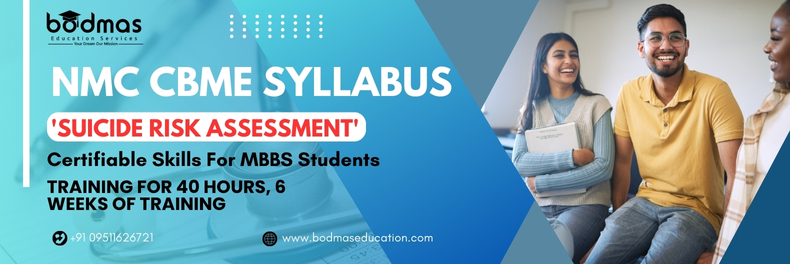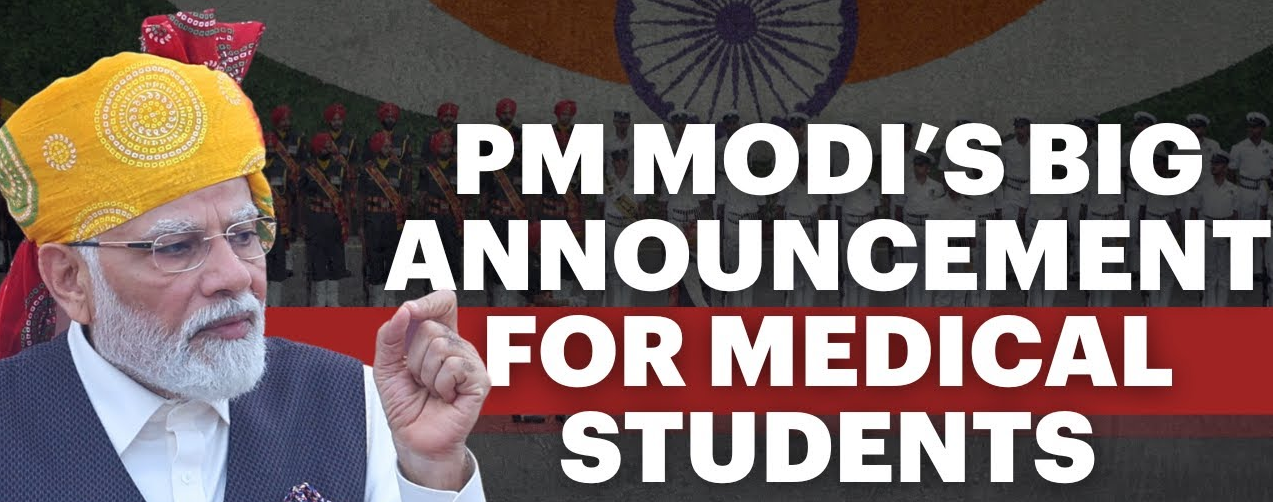Is MBBS Better in Germany or India?
Choosing the right country to pursue an MBBS degree is a crucial decision for aspiring medical students. Germany and India are two prominent options, each with its own set of advantages and challenges. This article aims to compare MBBS programs in Germany and India, helping prospective students make an informed choice. We’ll explore various aspects including educational quality, costs, curriculum, clinical training, and more. Bodmas Education, a leading consultant in medical education, provides insights and guidance throughout this decision-making process.
Educational Quality and Recognition
Germany
Germany is renowned for its high educational standards and rigorous medical programs. Medical schools in Germany are highly regarded globally and are known for their research output and clinical expertise. Some of the most prestigious medical universities include:
- Heidelberg University: Known for its research and clinical training.
- Charité – Universitätsmedizin Berlin: One of Europe’s largest university hospitals.
- University of Munich (LMU): Offers a well-rounded medical curriculum with extensive research opportunities.
- University of Hamburg: Provides high-quality medical education with a focus on clinical practice.
- University of Freiburg: Renowned for its comprehensive approach to medical education.
India
India has a vast network of medical schools, many of which are well-regarded for their academic excellence. Notable institutions include:
- All India Institute of Medical Sciences (AIIMS), New Delhi: Highly prestigious with a strong emphasis on research and clinical training.
- Post Graduate Institute of Medical Education and Research (PGIMER), Chandigarh: Known for its advanced medical education and research.
- King George’s Medical University (KGMU), Lucknow: Offers a robust medical curriculum with a focus on clinical practice.
- Jawaharlal Institute of Postgraduate Medical Education and Research (JIPMER), Puducherry: Offers quality medical education and extensive clinical training.
- Grant Medical College, Mumbai: A historic institution with a strong reputation in medical education.
Curriculum and Teaching Methods
Germany
Medical education in Germany typically follows a six-year curriculum divided into preclinical, clinical, and practical phases. The preclinical phase covers basic medical sciences such as anatomy, physiology, and biochemistry. The clinical phase involves hands-on training in hospitals and clinics, focusing on practical skills and patient care. The final year often includes a comprehensive practical examination and a research project.
German medical schools use a combination of lectures, seminars, and practical sessions. The curriculum is designed to provide a deep understanding of medical sciences along with practical clinical experience.
India
In India, the MBBS program generally spans five and a half years, including a one-year compulsory internship. The curriculum includes preclinical subjects (anatomy, physiology, biochemistry), paraclinical subjects (pharmacology, microbiology, pathology), and clinical subjects (medicine, surgery, pediatrics, obstetrics, and gynecology).
Teaching methods include lectures, practical sessions, clinical rotations, and case studies. The emphasis is on both theoretical knowledge and hands-on clinical experience. Indian medical schools also focus on preparing students for the diverse healthcare needs of the country.
Language of Instruction
Germany
Most medical programs in Germany are taught in German. This requirement means that international students must demonstrate proficiency in the German language. Some universities offer international programs in English, but they are relatively few.
India
Medical programs in India are primarily taught in English. This makes it easier for international students to adapt to the curriculum and participate in classes without language barriers. English as the medium of instruction is a significant advantage for students from non-English-speaking countries.
Clinical Training and Research Opportunities
Germany
Germany is known for its high standards of clinical training. Medical students gain extensive hands-on experience in leading hospitals and clinics, which are often affiliated with the universities. The practical training includes working with patients, participating in surgeries, and engaging in various medical procedures.
Additionally, Germany offers numerous research opportunities. Students can engage in cutting-edge research across various medical fields, benefiting from the country’s advanced healthcare infrastructure and research facilities.
India
Clinical training in India is also robust, with students rotating through various departments and gaining practical experience in hospitals and clinics. Indian medical schools emphasize practical exposure and patient interaction as integral parts of the curriculum.
Research opportunities in India are growing, with several institutions focusing on innovative medical research. However, compared to Germany, research facilities and funding might be more limited in some Indian institutions.
Cost of Education and Living Expenses
Germany
The cost of studying medicine in Germany is relatively low compared to other Western countries. Public universities charge minimal tuition fees, often only covering administrative costs. However, students must factor in living expenses, including accommodation, food, and health insurance.
Germany offers various scholarships and financial aid opportunities for international students. Living costs in Germany can vary depending on the city, with larger cities like Berlin and Munich generally being more expensive.
India
Medical education in India is more affordable compared to many Western countries. Tuition fees at government medical colleges are relatively low, though private medical colleges can be significantly more expensive.
Living costs in India are generally lower, with affordable accommodation and food options. The cost of living varies by region, with metropolitan areas like Delhi and Mumbai being more expensive than smaller cities.
Admission Requirements
Germany
Admission to medical programs in Germany is highly competitive. Applicants need to meet specific academic requirements and pass the Medical Entrance Examination (MedAT). Proficiency in the German language is also required for most programs. International students must also provide proof of financial means and secure a student visa.
India
In India, admission to MBBS programs is based on entrance exams such as NEET (National Eligibility cum Entrance Test). The requirements include a high school diploma with a strong background in science subjects. International students may also need to provide proof of language proficiency and meet visa requirements.
Bodmas Education assists students with the application process, providing guidance on entrance exams, language requirements, and visa applications.
Accreditation and Recognition
Germany
Medical degrees from German universities are internationally recognized. Germany’s rigorous accreditation standards ensure that the education provided meets high-quality standards, making graduates eligible to practice medicine in many countries.
India
Medical degrees from Indian institutions are also widely recognized. Many Indian medical schools are accredited by the Medical Council of India (MCI) and other relevant bodies. Indian graduates can practice in various countries, subject to local licensing requirements.
Scholarships and Financial Aid
Germany
Germany offers various scholarships and financial aid options for international students. These scholarships can help cover tuition fees, living expenses, and travel costs. Bodmas Education can assist students in finding and applying for scholarships to make studying in Germany more affordable.
India
In India, scholarships and financial aid are available for both domestic and international students. Several government and private organizations offer financial support based on academic merit and financial need. Bodmas Education provides information on available scholarships and helps students with their applications.
Student Life and Cultural Experience
Germany
Studying in Germany provides an opportunity to experience a rich cultural environment. Students can explore historical landmarks, vibrant city life, and diverse cultural activities. Germany’s high standard of living and multicultural atmosphere make it an appealing destination for international students.
India
India offers a unique cultural experience with its diverse traditions, festivals, and cuisine. Students can immerse themselves in a rich cultural heritage while pursuing their studies. The cost of living and social interactions in India provide a different but equally enriching experience.
MBBS Degree in Germany or India
Deciding whether to pursue an MBBS degree in Germany or India depends on various factors, including personal preferences, financial considerations, and career goals. Both countries offer high-quality medical education with unique advantages:
- Germany provides a high standard of education, extensive research opportunities, and affordable tuition fees, although it requires proficiency in German and has higher living costs.
- India offers affordable education with English as the medium of instruction, lower living costs, and a diverse cultural experience, though the admission process is highly competitive.
Bodmas Education offers expert guidance to help students make the best decision based on their individual needs and goals. Whether considering studying in Germany or India, seeking professional advice can ensure a smooth application process and successful academic journey.































